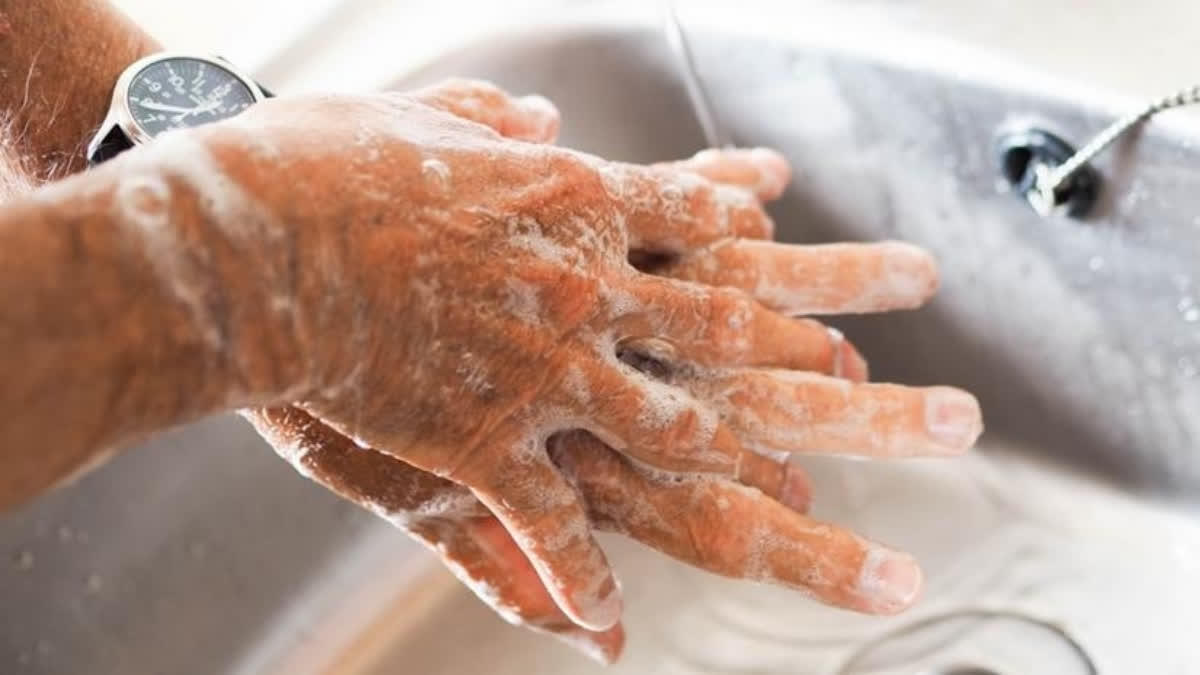London: While Covid is primarily known to spread via aerosols, a new study led by an Indian origin researcher has provided first empirical evidence that the presence of SARS-CoV-2 on people's hands and household surfaces also contribute significantly in the transmission of the infectious disease.
The study, published in The Lancet Microbe on Friday, showed that most transmission of SARS-CoV-2 occurs in households. And in houses where the virus was detected on surfaces and the hands of participants, infection among contacts, and thus transmission, was found to be significantly higher.
"There's no doubt that if you have Covid-19 you're emitting the virus into the air as micro-aerosols as well as large droplets that land on your hands and the surfaces around you," said lead author Professor Ajit Lalvani, Director of National Institute of Health and Care Research, Imperial College London. "What hasn't been shown, until now, is that the presence of the virus on people's hands or household surfaces predicts transmission to contacts," he added.
The findings showed that if the virus was detected on primary cases' hands, then contacts in their household were 1.7 times more likely to get infected than those in households where primary cases did not have the virus on their hands. Similarly, the presence of virus on primary cases' hands was associated with a three times greater risk of contacts in the household having a positive hand-swab, and in turn, contacts with the virus on their hands were twice as likely to become infected with Covid-19.
